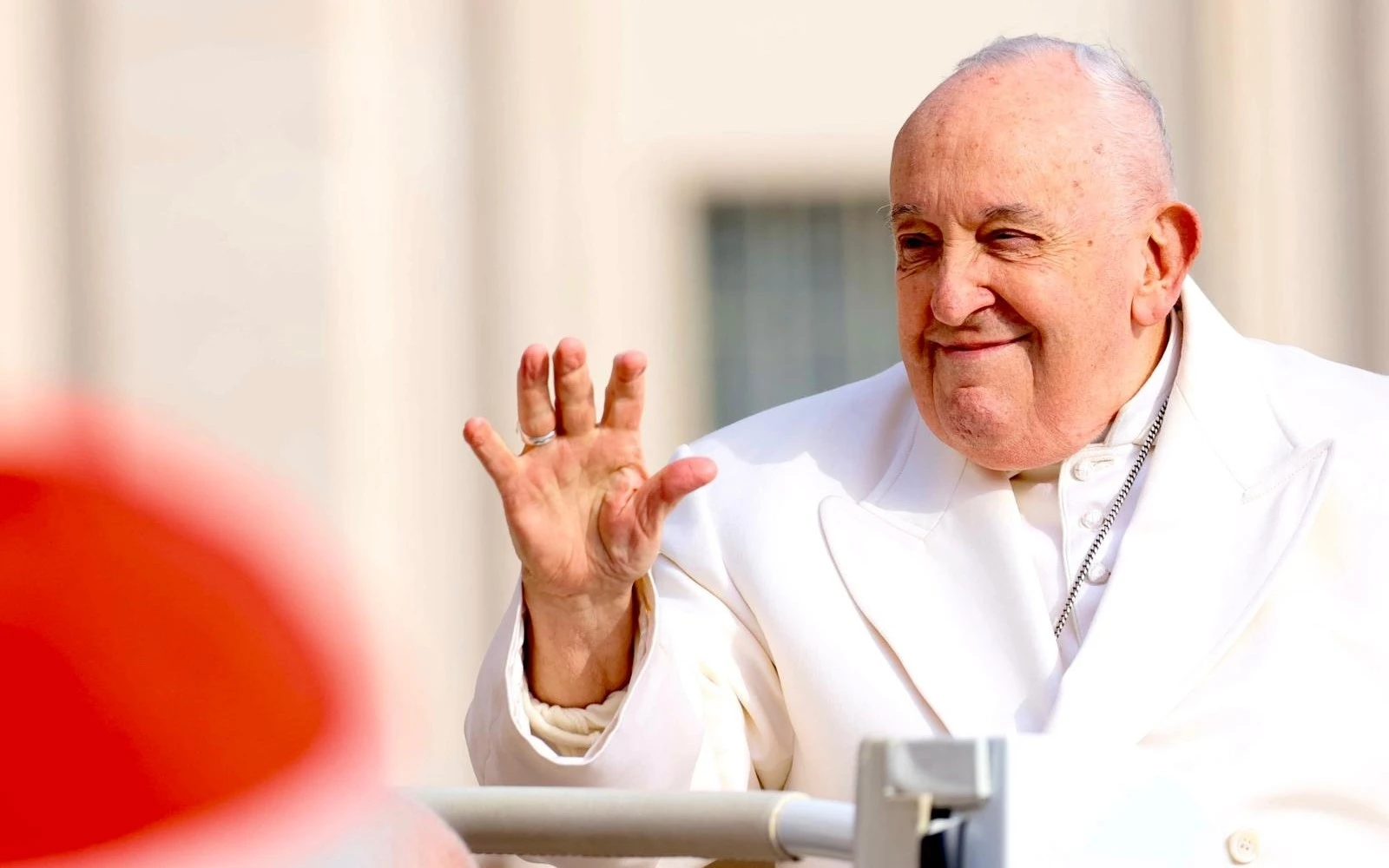We would be wrong if we thought that saints are exceptions to humanity: a kind of narrow circle of champions who live beyond the limits of our species. The saints, in this perspective that we have just introduced about the virtues, are, on the other hand, those who become fully themselves, who fulfill the vocation proper to every human being. What a happier world it would be if justice, respect, mutual benevolence, open-heartedness, and hope were the shared normal, rather than a rare anomaly. That is why the chapter of virtuous acting, in these dramatic times of ours, in which we often encounter the worst of humanity, should be rediscovered and practiced by everyone. In a warped world, we must remember the way we have been shaped, the image of God that is imprinted
But how to define the concept of virtue? The Catechism of the Catholic Church offers us a precise and concise definition: “Virtue is a habitual and firm disposition to do good” (n. 1803). It is not, therefore, an improvised good and something casual that falls from the sky episodically. History tells us that even criminals, in a moment of lucidity, have performed good deeds; certainly these actions are written in the “book of God”, but virtue is something else. It is a good that is born from a slow maturation of the person, until it becomes an inner characteristic of the person. Virtue is a habit of freedom. If we are free in each act, and each time we are called to choose between good and evil, virtue is what allows us to have a habit towards the correct choice.
If virtue is such a beautiful gift, a question immediately arises: how is it possible to acquire it? The answer to this question is not simple, but complex.
